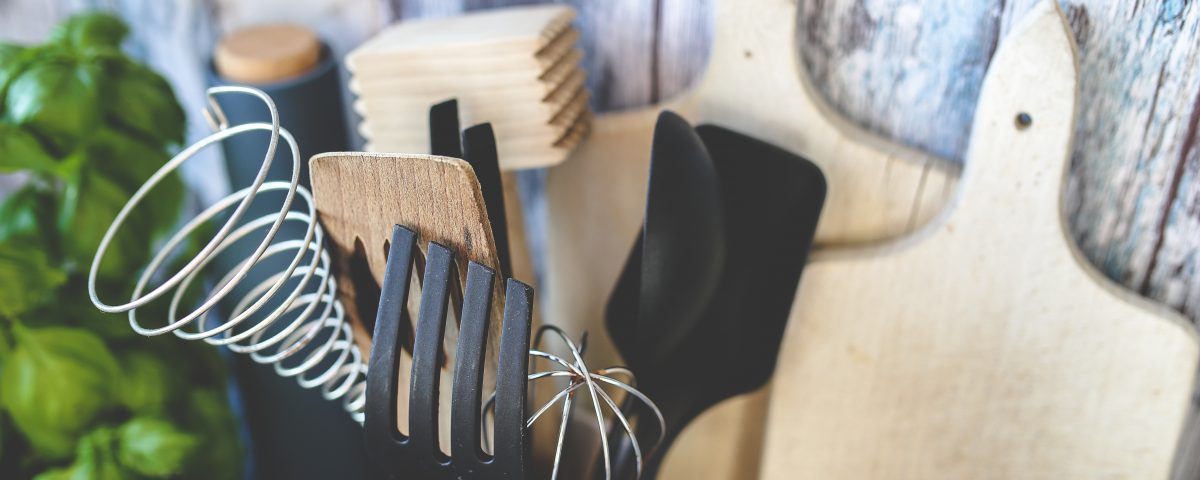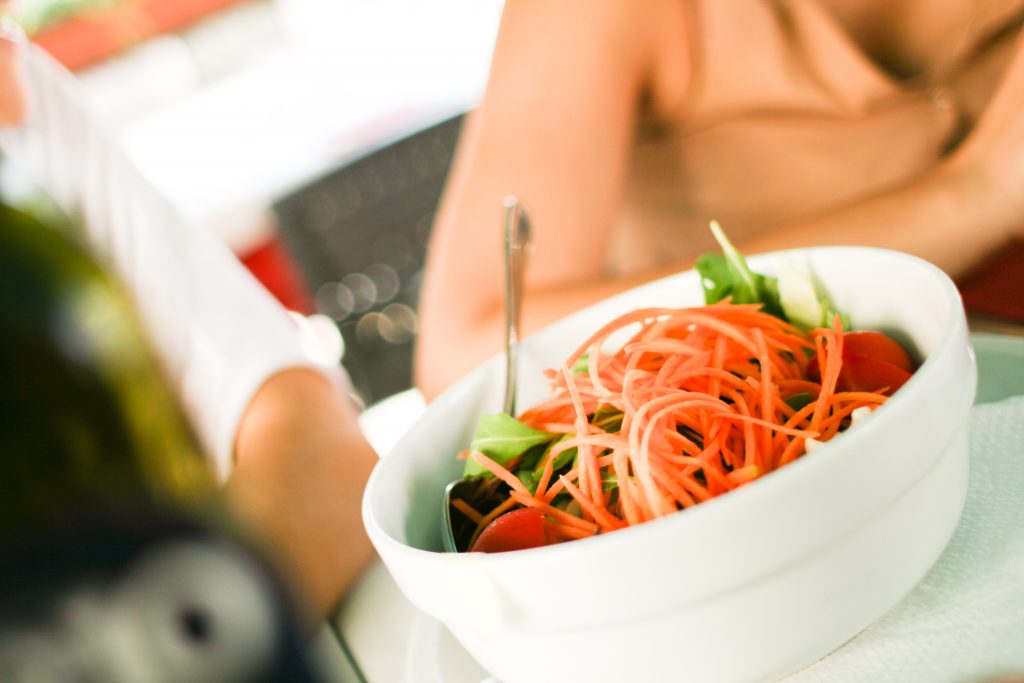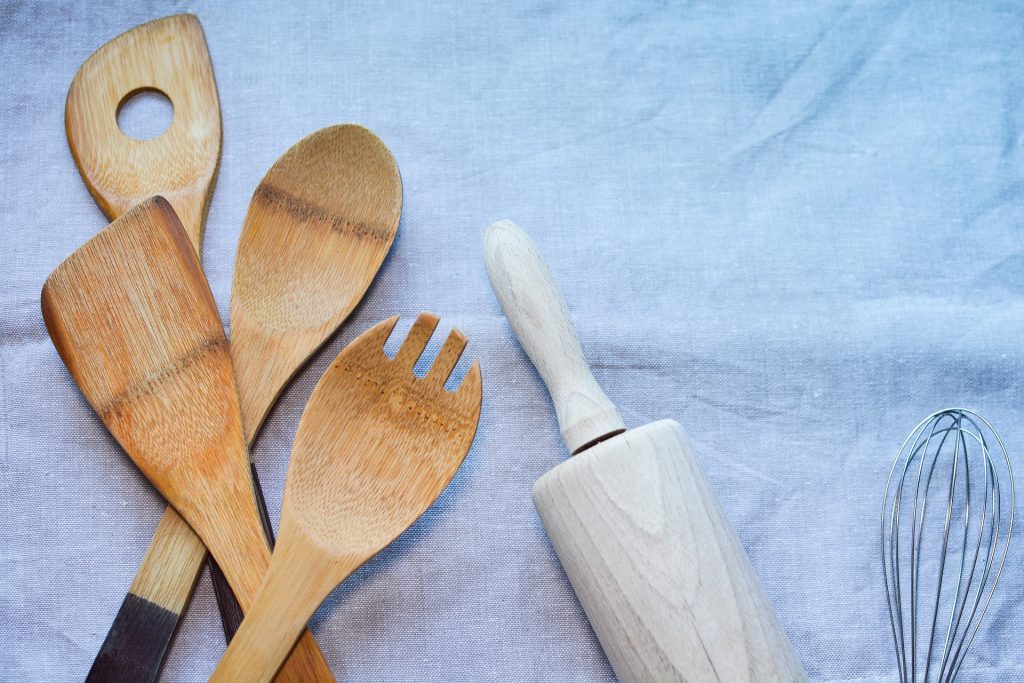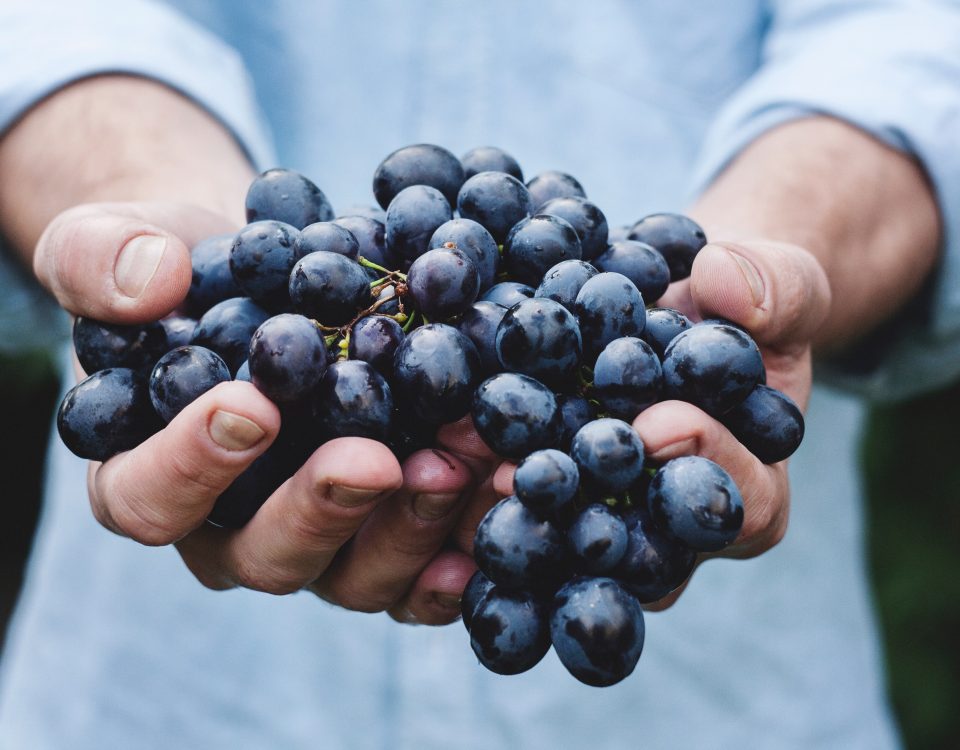This website uses cookies so that we can provide you with the best user experience possible. Cookie information is stored in your browser and performs functions such as recognising you when you return to our website and helping our team to understand which sections of the website you find most interesting and useful.

Spontaneity: The Critical Ingredient You Need In Your Relationships
18th December 2020
How To Get That Cosy Living Room
22nd December 2020Top Tips for Newly Diagnosed Coeliacs

*Ad Paid. All opinions are my own.
Being diagnosed with Coeliac disease can be daunting and confusing. Many people are shocked to learn just how many food items contain gluten, and working out what you can and can’t eat can feel like a minefield. This information will give you some tips, and hopefully help you to feel a little less overwhelmed.

Professional Advice
After being officially diagnosed, you should receive some sort of support, either from your GP or a consultant. If you are not automatically offered this, ask for a referral to a dietician, who will help you to understand which foods are safe for you to eat. They will look at your typical diet, tell you which foods you should avoid, and give you ideas for how to switch them for gluten-free foods. Ask as many questions as you need, especially if you are unsure about which foods are safe and which aren’t.
Gluten-Free Products
Gluten-free food has come a long way in recent years, and there is an increasing number of products available on the market. A good place to start is by requesting a taster box from Glutafin, who offer a wide range of gluten-free products, recipes, and advice. It’s worth knowing that Glutafin products are only available on prescription if you are diagnosed with coeliac disease. Speak to your GP about setting this up, as availability does vary depending on the area you live in.
Most supermarkets and many smaller grocery shops now offer a range of gluten-free products, although their price and quality can vary, so you may find that you need to experiment to find the best products for you.

Research
It might take time to get to grips with your new lifestyle, so research is key. You could start by joining support groups, for example on social media, to get advice and recommendations from more experienced Coeliacs. There are many books and websites dedicated to gluten free recipes, so spend some time researching how to adapt your favourite recipes to ensure you don’t feel like you are missing out.
Eating out is often one of the hardest parts for new Coeliacs, so look into cafes and restaurants that offer gluten-free choices. Many now do, but they don’t always advertise it, so if you are unsure, call ahead and ask if they can cater for you.
Finally, remember that gluten can be found in many products that you may not expect, so it is important to check ingredients for anything that you come into contact with.

Tell others about your condition, and let them know that it is not something to be taken lightly. It is all too common for people to not take the condition seriously and to try and convince you to eat something you shouldn’t because ‘a little bit here and there won’t hurt’, but you should be firm. Coeliac disease is real, and once you have eliminated gluten from your diet, you will realise exactly how much better you feel, so don’t be tempted to slip to please others.


